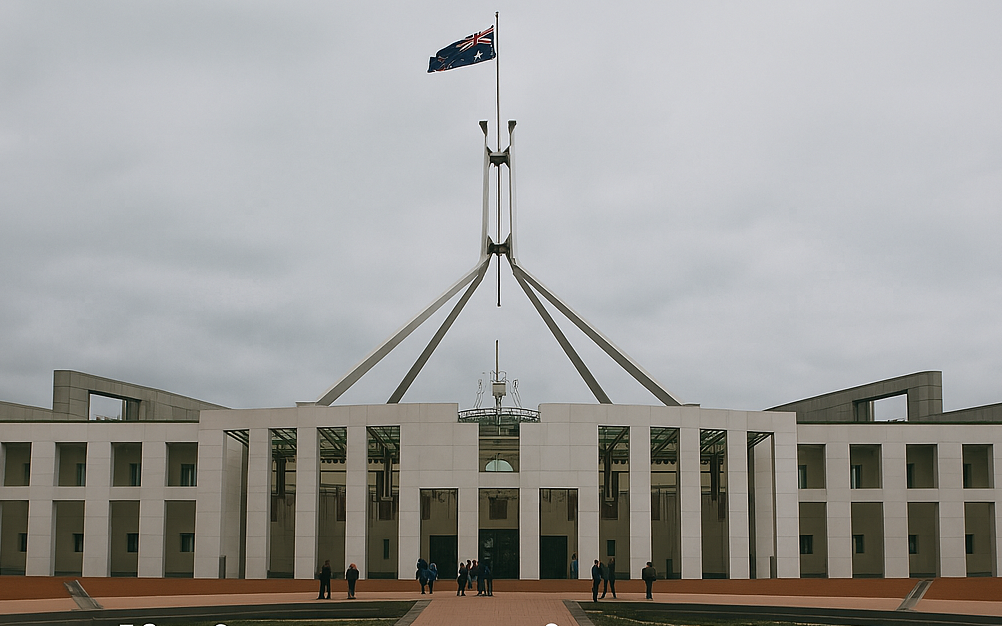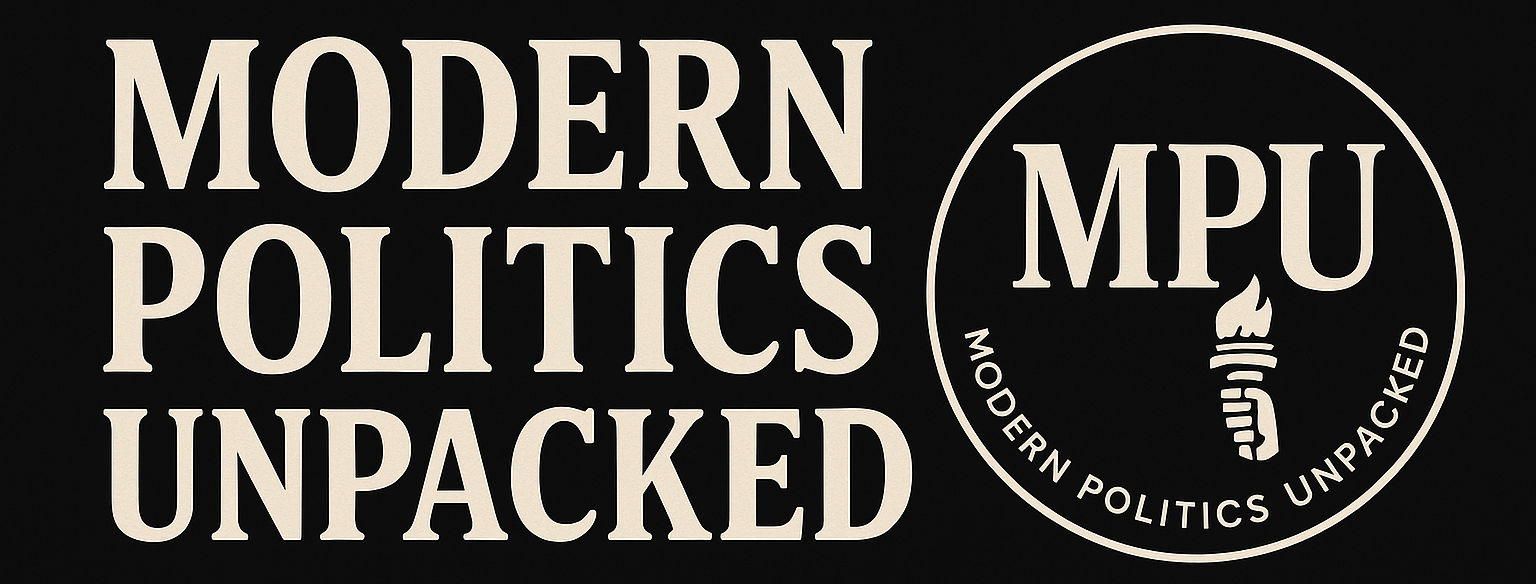Australia’s Looming Hung Parliament: What the 2025 Election Could Mean for Democracy Down Under

Australia is on the cusp of one of the most fragmented elections in decades. With the federal election scheduled for later this month, polling from the last week suggests that neither the incumbent Labor government nor the opposition Liberal-National Coalition is poised to secure the 76-seat majority required to form government outright. As a result, the likelihood of a hung parliament is growing—and with it, fresh questions about governance, policy direction, and democratic legitimacy.
A Guardian Essential poll released on March 30 shows Labor at 32% and the Coalition at 33%, while support for minor parties and independents sits at a combined 35%. These figures reflect mounting public dissatisfaction with the major parties, driven by concerns over housing, climate change, political transparency, and regional neglect. Source: The Guardian, March 30, 2025
According to Dr. Jill Sheppard, a political scientist at the Australian National University, "This kind of voter fragmentation shows that people want representation that reflects their lived experiences, not just party dogma." Source: The Conversation, April 1, 2025
Key battlegrounds include Kooyong in Victoria and Warringah in New South Wales, where independent candidates are running strong, community-driven campaigns. The rise of so-called "teal" independents—candidates backed by grassroots funding and focused on climate action and political accountability—is challenging the dominance of major party candidates, especially in traditionally conservative urban electorates. Source: ABC News Australia, March 29, 2025
If no party reaches a majority, the result will be a hung parliament, and either major party would need to negotiate with independents and minor parties to form government. In 2010, a similar scenario played out when Julia Gillard’s Labor government formed a minority government with Greens and rural independents. That government lasted a full term, though it was often criticized for instability.
This time, the policy stakes are high. A government reliant on Greens or teal independents may be pushed toward more ambitious climate targets, electoral reform, and federal integrity legislation. Conversely, a Coalition-led minority government could lean on right-wing parties like One Nation, which would pull policy in a more nationalist direction.
Beyond domestic concerns, international observers are watching closely. The Lowy Institute noted that Australia’s diplomatic consistency on climate, trade, and defense could shift depending on which way independents sway the next government. Source: Lowy Institute, April 1, 2025
While some fear that a hung parliament may lead to legislative gridlock, others see it as a sign of democratic maturity. In a recent editorial, ABC News argued, "A more diverse House of Representatives doesn’t weaken democracy—it makes it more representative."
In short, Australia’s 2025 election may usher in a new era of negotiated governance. Whether that yields innovation or instability will depend on how the parties and independents navigate the post-election landscape.
Sources:
